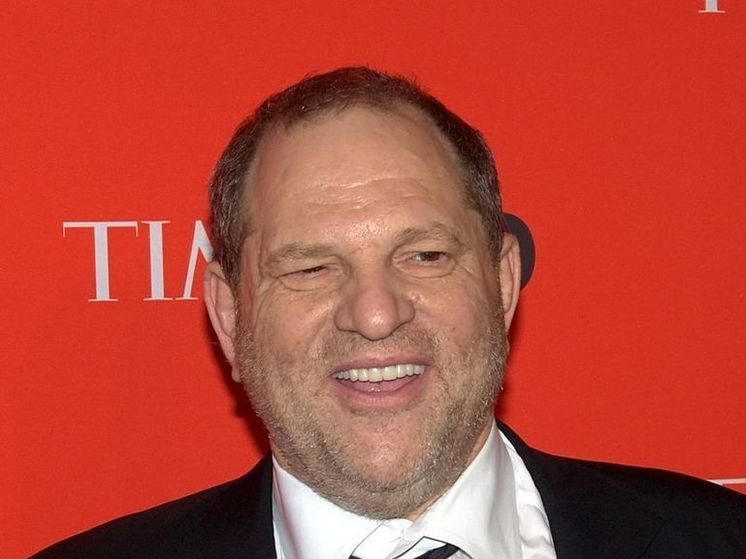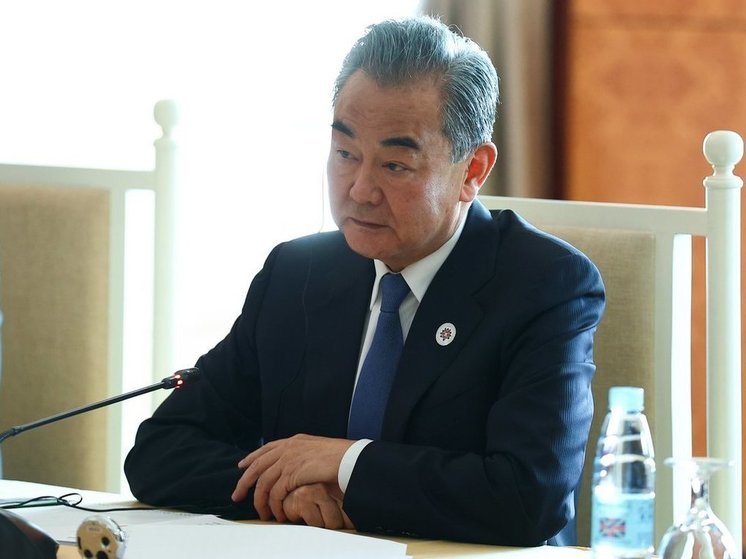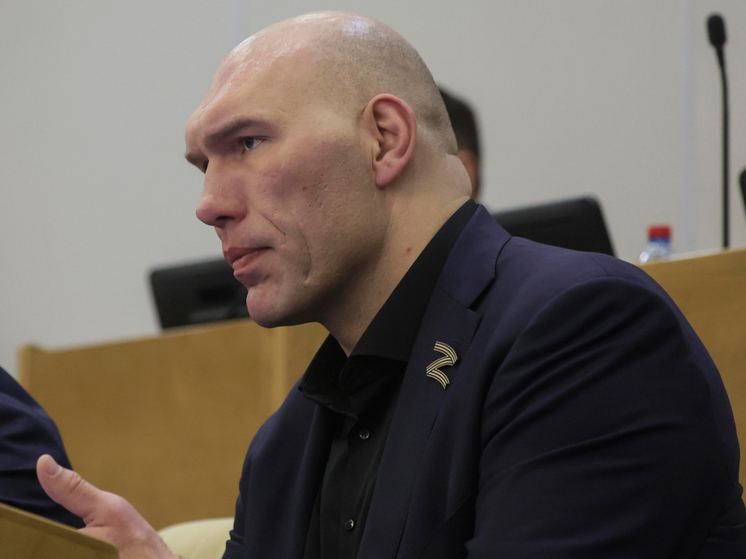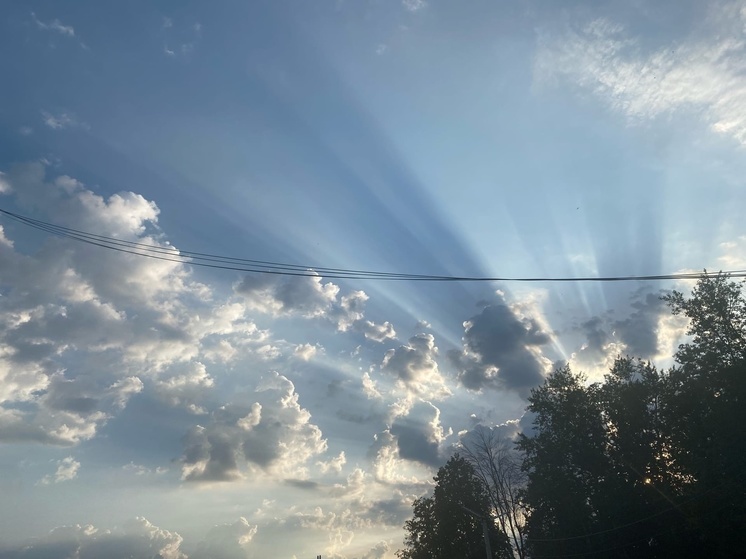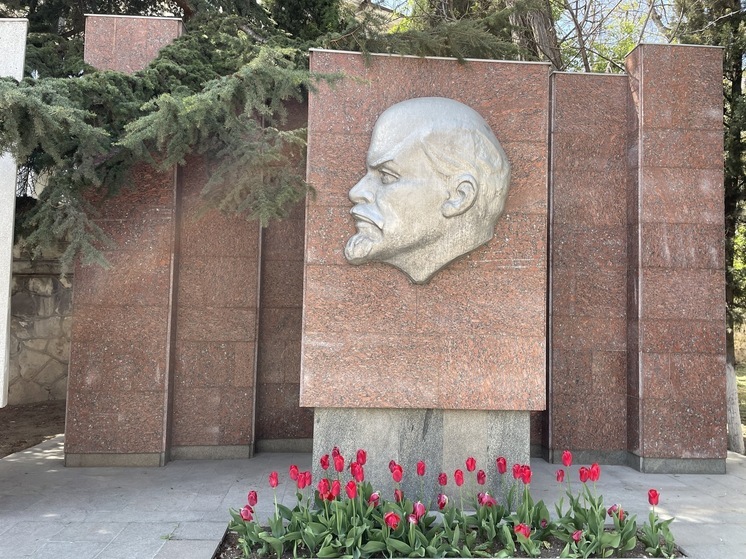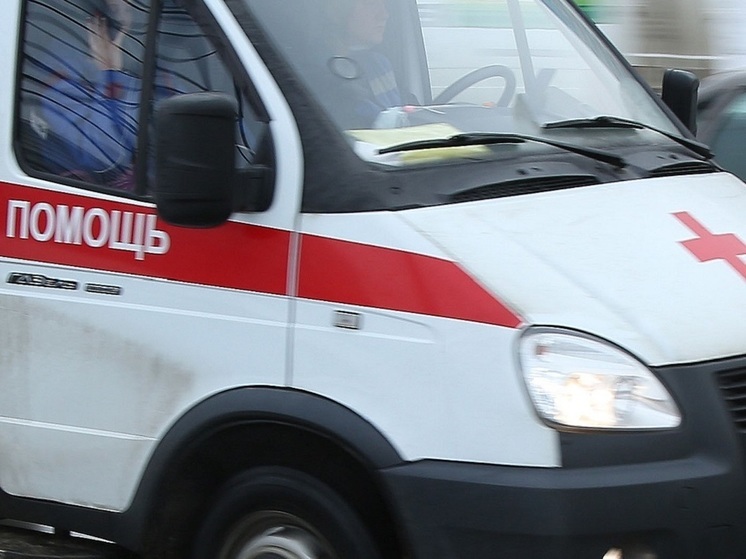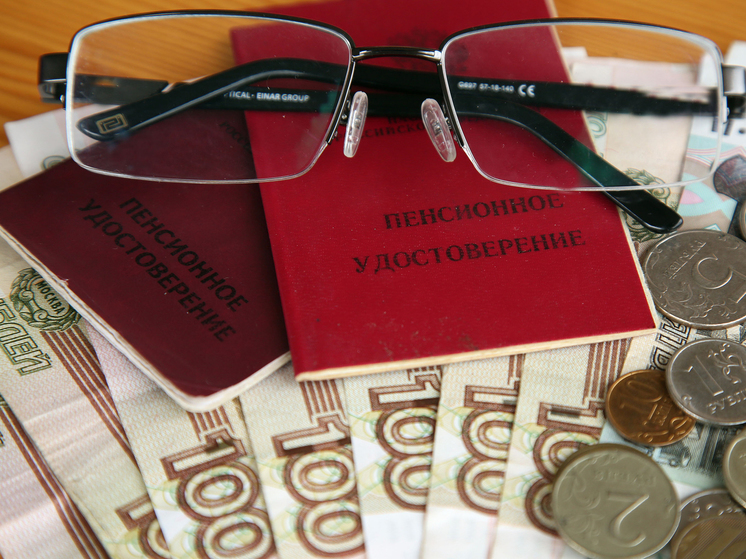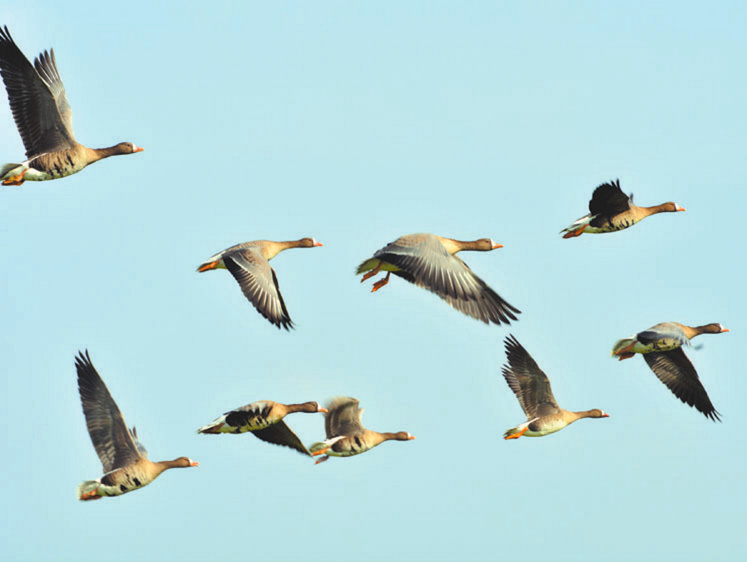The situation has drastically changed by 2004. After the difficult start, the country caught a second breath like a distance runner. The word crisis seems to have been deleted from the lexicon of Russian economists. This is especially true after the most optimistic forecasts of GDP growth turned out to be almost two times lower than actual indicators in 2003. The present-day realities are the surplus state budget, a stabilization fund, Central Bank of Russia gold and foreign exchange reserves increased from $19 bln to $84 bln, quite easy foreign debt service payment amounting to $51 bln, Russias new investment rating, and the stronger Russian ruble.
It seems that the objectives of the economic reform announced by Vladimir Putin in 2000 (improved investment climate, integration into the world community, industry modernization) are gradually being attained. The relevant macroeconomic policy; launch of the tax and pension reforms; approval of the new Labor, Land, and Customs Codes; liberalization of the currency exchange regulation, beginning of natural monopoly reform. All of these actions by the authorities are little by little starting the flywheel that allows the country to move from the recession economy to the growth economy. There are more specific milestones in sight: the doubling of GDP by 2010.
The economic model proper was defined by Putin from the very beginning: development of a free market economy. The only things to understand were: for whose account and what kind of growth (in qualitative terms) did the country need?
Where Are We Going?
Taking account of the stable economic growth, many experts believe that it is no longer as true as it used to be that Russias current prosperity and long-term development are only due to a favorable oil price situation.
Yes, the export of raw materials is still one of the major budget income items. However, the growth rates of Russian manufacturers have been well ahead of those of raw material holding companies over the past two years. In 2003, investments in the real economy increased by 12%.
And portfolio investors did prefer securities of metallurgy and energy companies, as well as mobile and fixed communications providers, to shares in oil giants last year.
This is unquestionably confirmed by the records that the RTS index has established from the beginning of this year and the statements of the largest multinational corporations about their willingness to invest in the Russian Federation. Some people are already speaking of excessive investments, however, according to specialists, in circumstances where there is a shortage of investment ideas.
And, in general, these factors are quite positive. They confirm the trend that has been showing as from the end of 2002: Russia with its traditionally high level of concentration of production and where more than a third of products are accounted for by the top ten companies has a new group of middle-sized industrial companies that have become quite independent and stable. This makes it possible to say that the country is making a transition to the growth economy, attracting investments in its domestic market, and forming a new image in the eyes of the Western business.
Fly in the Ointment
However, some Western experts are not inclined yet to anticipate a cheerful prospect of the Russian economy.
For instance, Christof RЯhl, the Chief Economist of the World Banks Russia Office, unexpectedly made a very outspoken statement in his February interview to the Wall Street Journal. The competent expert made a bad diagnosis: in spite of a favorable situation in the global energy product market, Russia is wasting time because it is slow in carrying out its market reform to the full extent.
The representative of the World Bank made a quite reasonable remark that the economic upswing would facilitate structural reform. Worried by the slowness of the Russian reformers over the past one and a half years, Christof RЯhl publicly expressed a doubt that Russia was able to double its GDP in the nearest ten years. Moreover, he brought this possibility to zero.
But what about the positive trends? The only source of all data used by both economists and officials is Goskomstat (State Committee of the Russian Federation on Statistics). And, according to RЯhl, such data are invalid.
At present, the authorities can only guess what happened to the World Bank, which traditionally showed political correctness and was usually loyal to Russia. What if Christof RЯhls criticizing words were a projection of the worlds public opinion? By the way, that fresh thought was caught up by German Gref, who regretted that the slowing down of the reform rate, together with a possible reduction in world oil prices, would prevent the GDP doubling task from being fulfilled.
Meanwhile, it is not long since many Western publications dedicated to the 5th anniversary of the 1998 crisis noted Russias impressive success and potential for becoming a source of global stability and growth.
Reconstruction of the State
However, while the concept of the countrys economic model (one of the preconditions of economic stability) is understood by the general public; perhaps the most important question (about the place of the authorities in this new model of Russias economic development) is still unanswered. How will the state behave in the future? Do the authorities only intend to confine themselves to the delineation and support of the main economic sectors or do they want to directly control the economy?
The first sign showing the desire of the authorities to regain the real control over the national economy was the oligarch equidistance policy unobtrusively introduced by Vladimir Putin.
The blitzkrieg aimed at restraining large business as exemplified by the Yukos case in the fall of last year could be regarded as the second signal. Then, there was an idea of fighting against poverty by imposing the rent on natural resources on raw material companies, which turned out to be so useful for the State Duma election campaign and mobilized the poor electorate.
Meanwhile, it seems that discussions about any advantages and disadvantages of the rent on natural resources are not very important now. In any case, ideas of the introduction of overtaxes on excess profits of domestic companies have been roaming the Russian society for more than a year. There is a more important thing: last years signals from the Kremlin showed that the authorities were not satisfied with the outcome of the privatization of industrial assets for the benefit of oligarchs in Boris Yeltsins time.
However, Vladimir Putin repeated so often and insistently that the outcome of the privatization would not be revised that it is time to begin to think: What is going to happen? Will, in some way or another, the state become one of the largest owners of companies working in Russias strategically important industries again? Will we see the development of a system for informal but even more efficient influence on oligarchs?
Curiously enough, the aggravation of relations between the authorities and Yukos that was described by many of the media as perhaps the beginning of the war against large business froze the enthusiasm of foreign investors for a very short time; Russia was acknowledged as one of the most attractive emerging markets in 2003. International agencies made an even more demonstrative evaluation of changes in Russia: Moodys assigned Russia an investment rating, and Standard&Poors upgraded Russias long-term credit rating.



